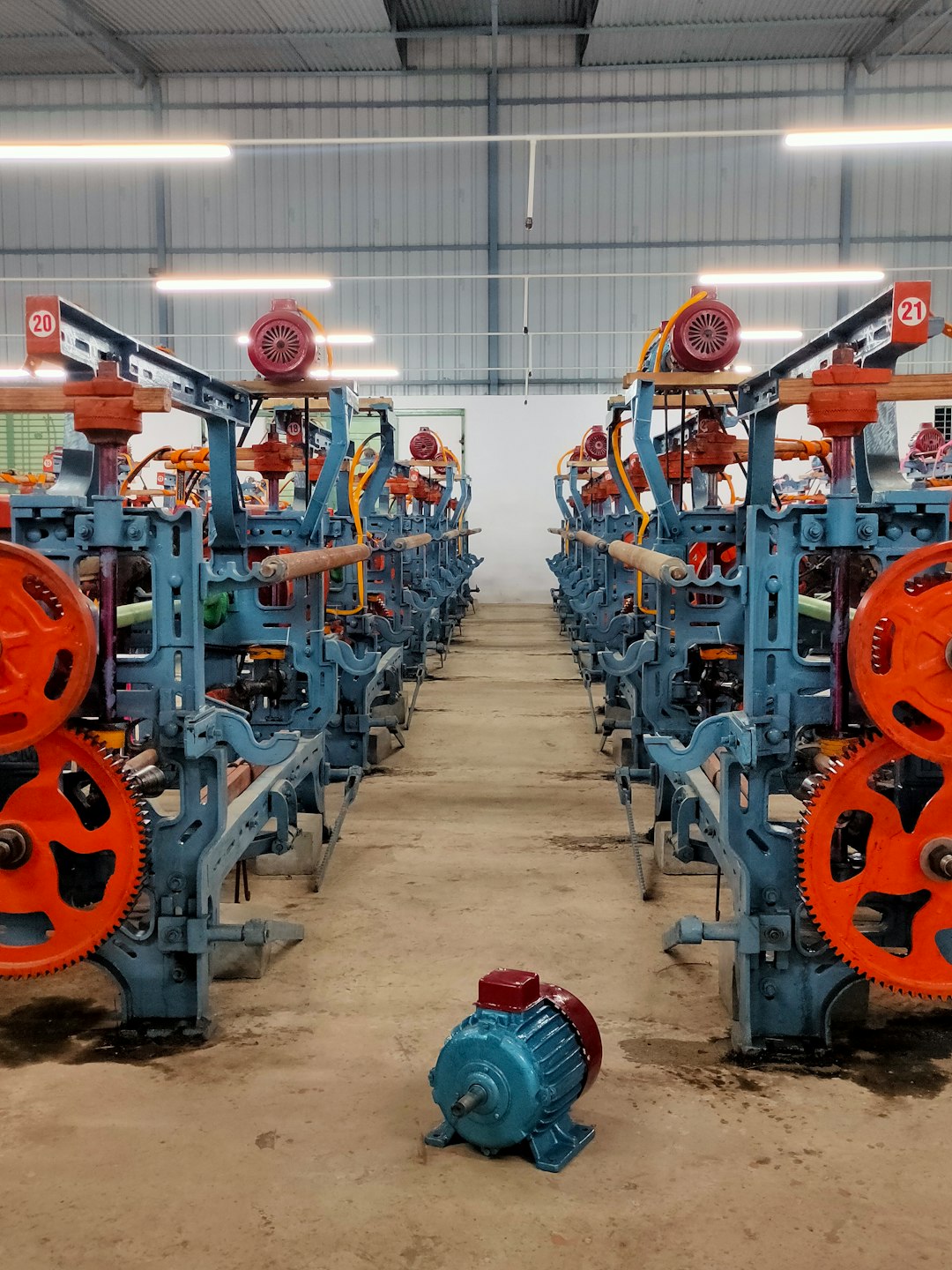Just-In-Time (JIT) manufacturing is a production strategy that emphasizes the efficient use of resources by producing only what is needed, when it is needed. This approach has gained popularity in the manufacturing industry due to its potential to reduce waste, improve quality, and enhance productivity. In this blog post, we will explore the benefits of implementing JIT manufacturing strategies and how businesses can leverage this approach to enhance their competitiveness in the market.
One of the key benefits of implementing JIT manufacturing strategies is the reduction of waste. Traditional manufacturing methods often involve producing goods in large quantities in anticipation of future demand, leading to excess inventory and storage costs. With JIT manufacturing, businesses only produce goods in response to customer orders, which minimizes the amount of excess inventory and reduces the risk of overproduction. This not only helps businesses save money on storage costs but also reduces the amount of waste generated in the production process.
In addition to reducing waste, JIT manufacturing can also help businesses improve the quality of their products. By focusing on producing only what is needed, when it is needed, businesses can better prioritize quality control measures and identify and address any issues in the production process more quickly. This can lead to higher customer satisfaction, as customers are more likely to receive high-quality products that meet their expectations.
Furthermore, implementing JIT manufacturing strategies can help businesses enhance their productivity. By streamlining the production process and reducing waste, businesses can improve their operational efficiency and produce goods more quickly and cost-effectively. This can lead to shorter lead times, faster delivery times, and increased customer satisfaction. Additionally, by focusing on producing smaller batches of goods, businesses can more easily adapt to changes in customer demand and market conditions, allowing them to remain competitive in a rapidly evolving business environment.
Another significant benefit of JIT manufacturing is its potential to reduce the overall costs of production. By minimizing waste, improving quality, and enhancing productivity, businesses can reduce their operating costs and improve their profit margins. Additionally, by producing goods in response to customer orders, businesses can avoid the costs associated with carrying excess inventory and reduce the risk of obsolescence. This can help businesses maintain a lean and efficient production process, allowing them to allocate resources more effectively and invest in areas that will drive growth and innovation.
In conclusion, implementing Just-In-Time manufacturing strategies can offer a wide range of benefits for businesses in the manufacturing industry. From reducing waste and improving quality to enhancing productivity and lowering costs, JIT manufacturing can help businesses boost their competitiveness, improve customer satisfaction, and drive growth and innovation. By adopting a JIT approach, businesses can optimize their production processes, streamline their operations, and position themselves for success in an increasingly competitive market.

